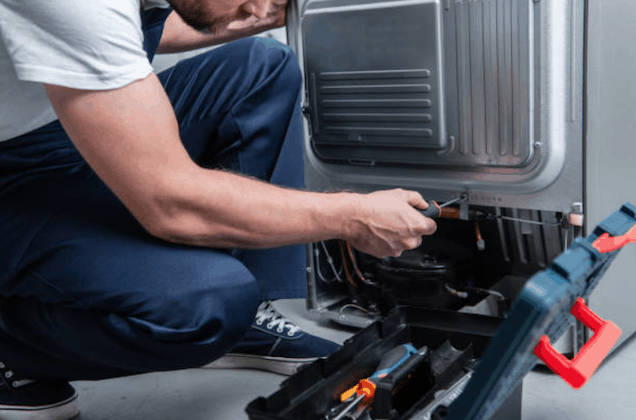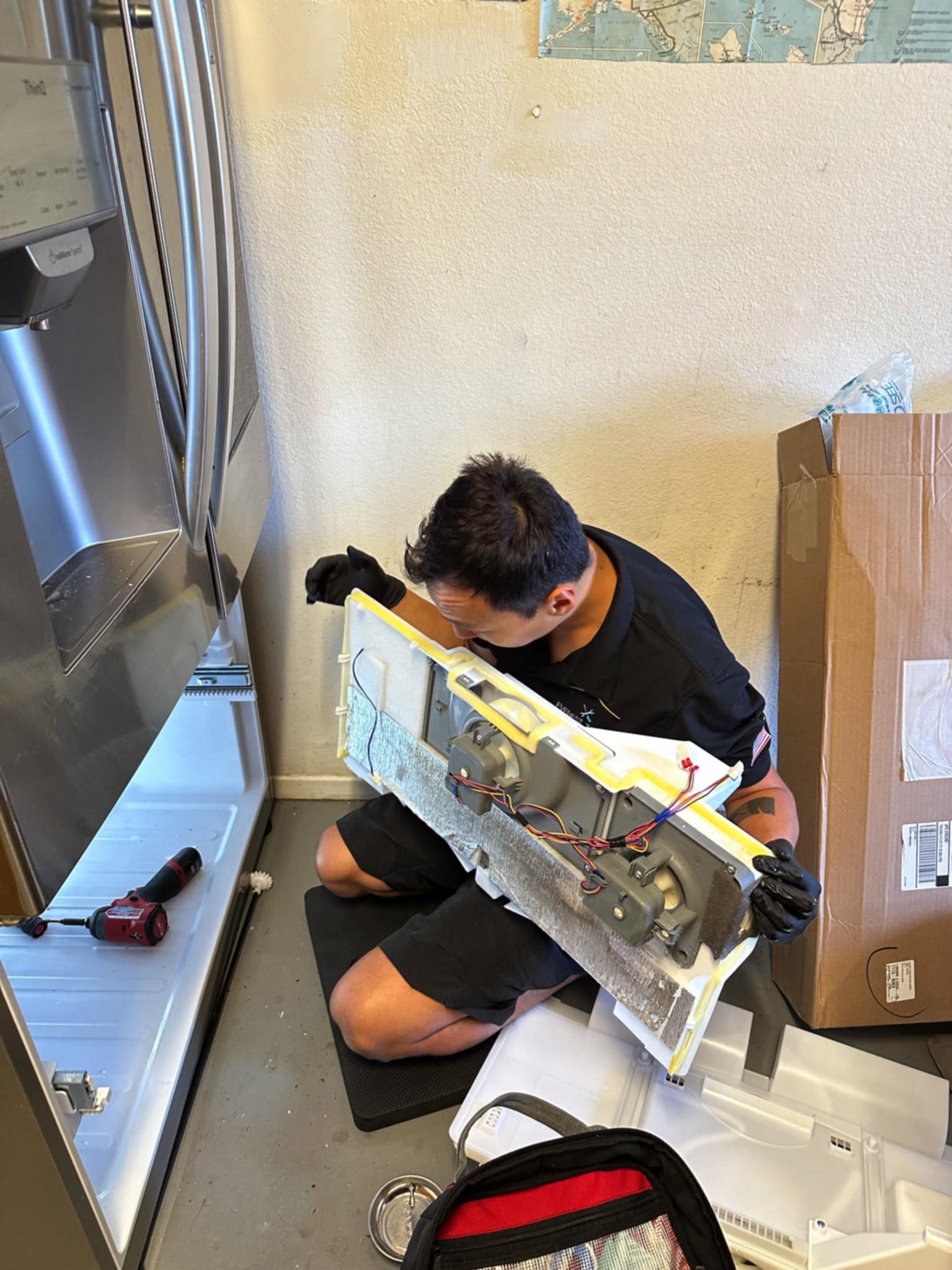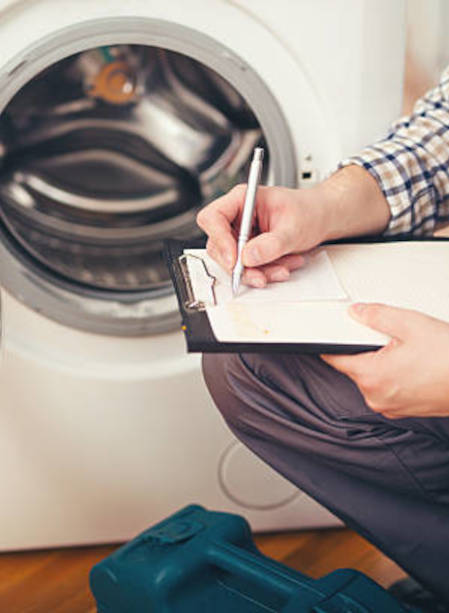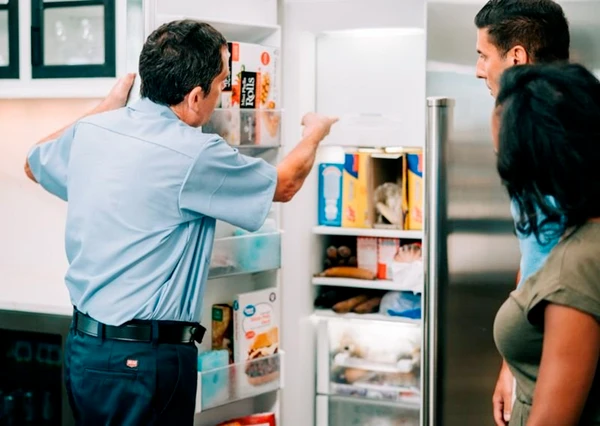
How to Troubleshoot Appliance Problems at Home
Appliances are an essential part of our daily lives, helping us with everything from cooking and cleaning to keeping our homes comfortable. However, when an appliance stops working, it can be a major inconvenience. Instead of immediately calling a repair service, there are several troubleshooting steps you can take to identify the issue and possibly resolve it yourself. These simple checks can save you time and money by eliminating minor problems that can be fixed without professional assistance.
1. Check the Power Supply

One of the most common reasons an appliance may not function is a power issue. Before assuming the worst, make sure the appliance is properly connected and receiving power. Check the following:
- Ensure the power cord is securely plugged into the electrical outlet.
- Check the circuit breaker to see if it has tripped and reset it if necessary.
- Test the outlet by plugging in another device to confirm it’s working properly.
2. Inspect for Visible Damage

Physical damage can often be a sign of an underlying issue. Carefully examine your appliance for signs of wear and tear, such as frayed wires, loose connections, or burned-out components. Sometimes, visible damage can indicate electrical faults or mechanical failures that need immediate attention. If you spot anything unusual, avoid using the appliance until it has been inspected or repaired.
3. Reset or Restart the Appliance
Many modern appliances have a built-in reset function that can resolve minor technical issues. If your appliance has a reset button, press it and see if that restores functionality. If there is no reset button, try unplugging the device for a few minutes and then plugging it back in. This process can help clear temporary glitches in the system and restore normal operation.
4. Check Filters and Vents
Appliances such as dryers, air conditioners, and refrigerators rely on clean filters and vents to operate efficiently. Clogged filters can restrict airflow, reduce performance, and even lead to overheating. Regularly clean and replace filters as recommended in the appliance manual to keep everything running smoothly.
5. Refer to the User Manual

Every appliance comes with a user manual that provides troubleshooting tips specific to its model. If you’re experiencing an issue, consult the manual for guidance on possible causes and solutions. Many manufacturers also provide online resources and customer support to assist with common problems.
6. Listen for Unusual Noises
Strange noises coming from an appliance can indicate loose or damaged parts. If you hear rattling, grinding, or buzzing, inspect the appliance for any loose screws or obstructions. Addressing these issues early can prevent further damage and costly repairs.
7. Check for Water or Gas Leaks
Water leaks from dishwashers, washing machines, or refrigerators can cause significant damage if left unchecked. Similarly, gas leaks from stoves or water heaters can be dangerous. Look for water puddles around appliances and listen for hissing sounds near gas-powered devices. If you suspect a gas leak, turn off the gas supply immediately and contact a professional.
8. Test Temperature Settings
For appliances like ovens, refrigerators, and freezers, incorrect temperature settings can lead to performance issues. Ensure that the temperature controls are set correctly and adjust them if necessary. Monitor the temperature over time to see if the problem persists.
9. Look for Error Codes
Many modern appliances display error codes when there is a problem. If your appliance shows an error code, check the user manual or visit the manufacturer’s website for details on what it means and how to fix it. Understanding these codes can help you determine whether a simple fix is possible or if professional help is required.
When to Call a Professional
If your appliance still isn’t functioning properly after following these troubleshooting steps, or if you notice burning smells, smoke, or major leaks, it’s best to contact a professional repair service. Some issues, such as electrical malfunctions or internal component failures, require specialized expertise to diagnose and repair safely.
Need Expert Help?

Everest Tower Appliance Repair offers professional repair services for all major appliances. Our experienced technicians can diagnose and fix a wide range of issues, ensuring your appliances work efficiently and safely.
📞 Call us at: (323) 333-3587
